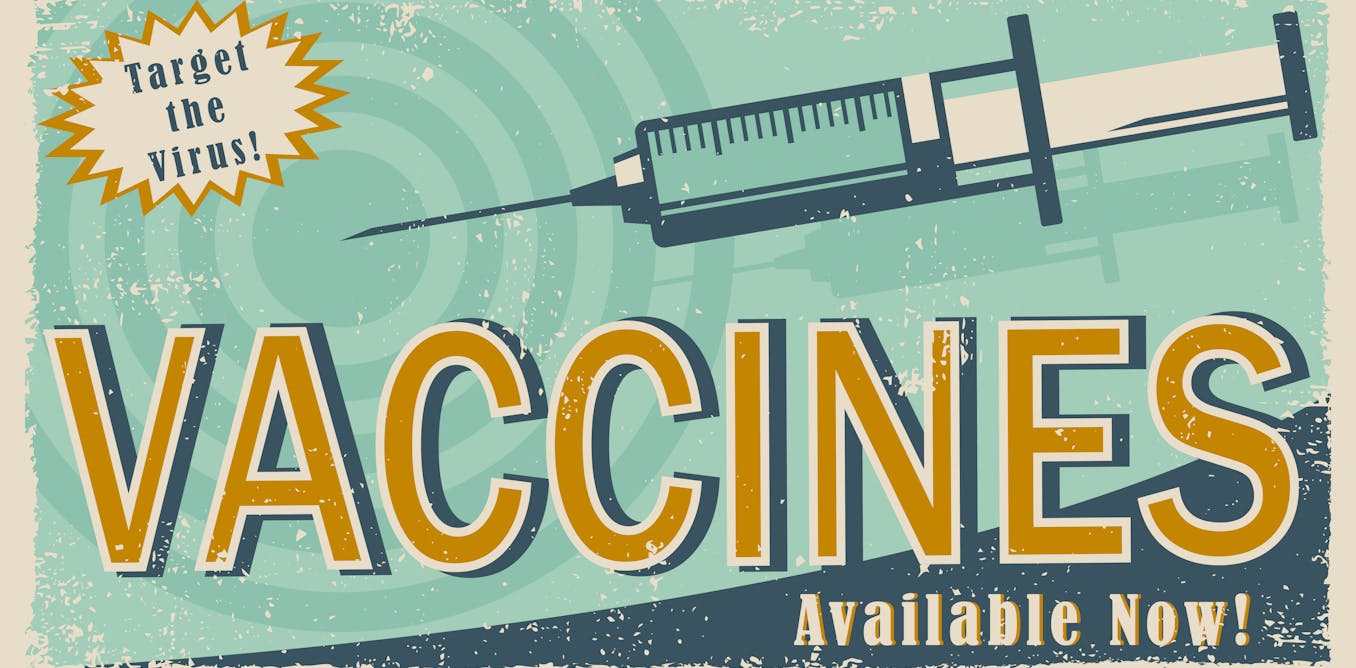The Supreme Court upholds free preventive care, but its future now rests in RFK Jr.’s hands
The justices ruled that a key preventive health task force has authority because it is appointed by the Health and Human Services secretary. Some experts worry that RFK Jr. could politicize it.
July 2, 2025 • ~9 min









